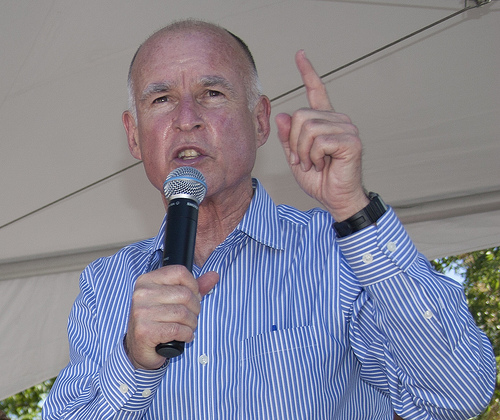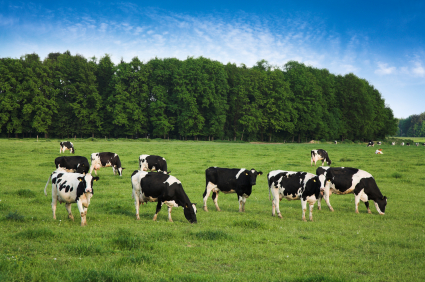Scientists have long known that cows are big contributors to global warming. Livestock produce more than a quarter of the world's global methane emissions every year, and 20 percent of methane emissions in the U.S. It's a side effect of ruminant digestion, and aside from strapping your entire herd into carbon-filter diapers, there's no quick fix — to cut emissions, you have to carefully manage cattle nutrition so they don't offgas as much. Or so we thought. That was before we discovered wallaby farts.
See, the Tammar wallaby has a digestive system similar to ruminants (i.e. animals that chew their cud). Like cows, wallabies have compartmentalized stomachs, including a sort of gastric antechamber where their tough plant diet gets pre-digested. But Tammar wallaby farts produce surprisingly little methane — 80 percent less per unit of digestible energy, when compared to livestock animals. That's because one of the bacteria the wallaby hosts in its gut lets it digest food without producing methane — with the added bonus that the wallaby gets more from its food than a cow does, because less energy is lost in creating greenhouse gases for it to poot out into the wild. (The extra-energy part is actually the main goal here; it's a lot easier to get funding for science that will make cows more nutritionally efficient than for science that will save the planet.)
Scientists have now isolated the bacterium in the wallaby gut that keeps its butt music eco-friendly. The next step is figuring out how to put that to use in cows. We recommend "here, eat this wallaby fart germ." Cows don't speak English anyway.



